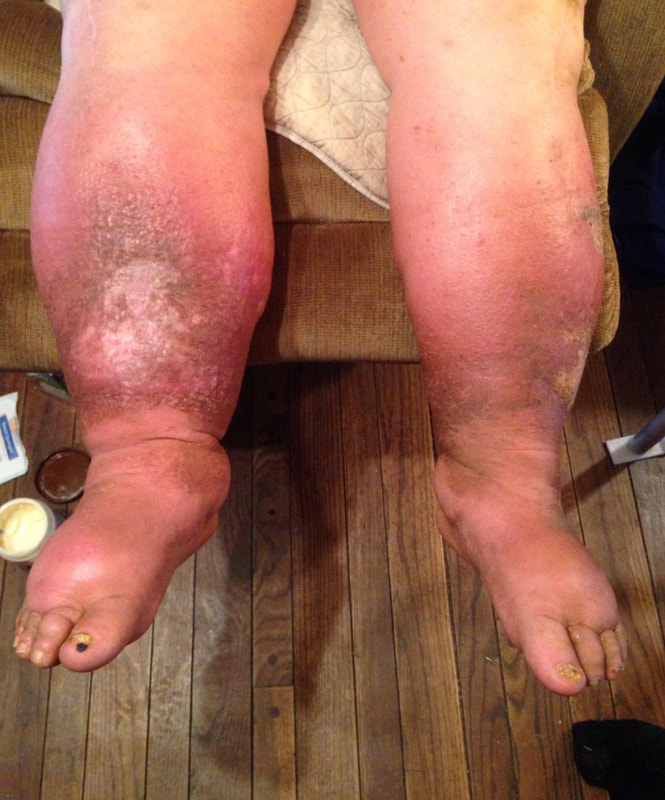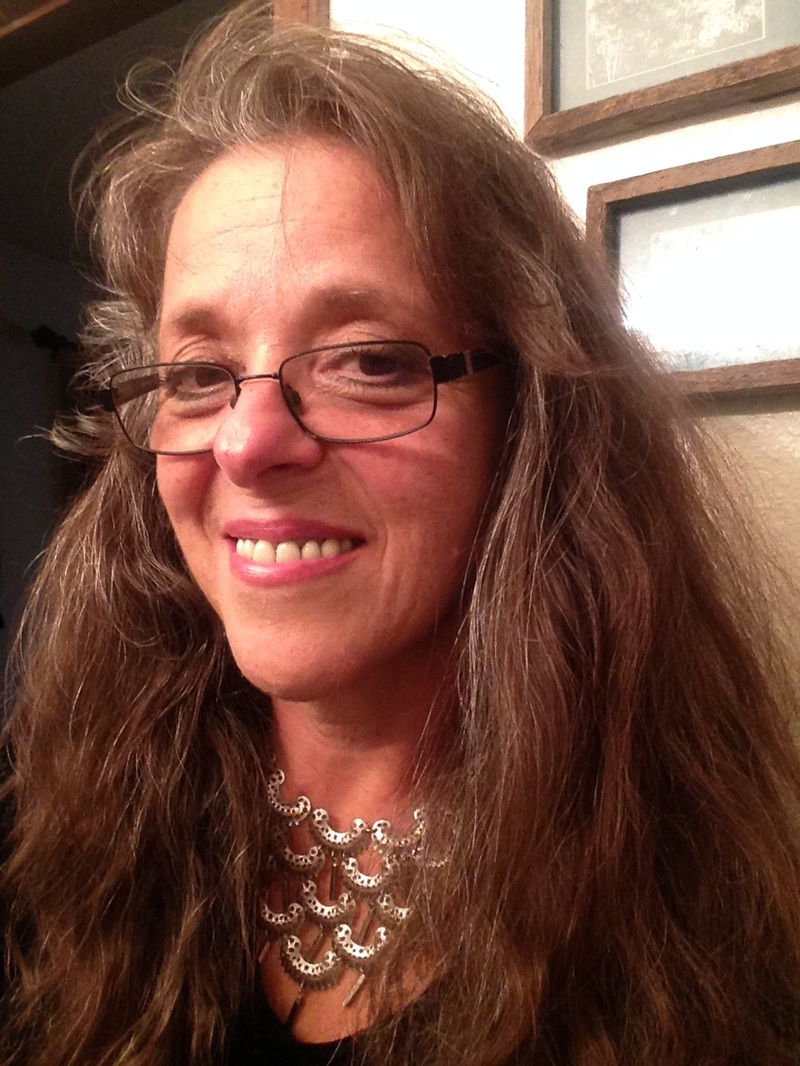|
I just watched the movie. Twice. In two days. I watched it first because I just love Brendan Fraser, and I was thrilled he won best actor, so I had to see it, even though I had no idea what it was about. I watched it a second time because, I had a lot to process. Well, it was indeed, an incredible film. Fraser deserves that Oscar without question. I was riveted by the movie and cried on and off throughout, but probably for reasons that differ from other people. This commentary focuses on the first reason.....the "fatphobia" controversy that has arisen around this movie.
Fraser plays Charlie, a 600 lb. man whose weight has ultimately confined him to the limited boundaries of his small apartment. Living room; kitchen; bedroom; bathroom. He is middle aged, and is a college teacher of writing, meeting with classes online. His mantra to his students is to write with unflinching honesty, while at the same time hiding himself from them by keeping his camera off, feigning it is broken. He is quite conscious of his weight and what his life has been reduced to, stating of himself in the movie, “Look at me. Who would want to have a relationship with me?” The viewer discovers early in the movie that Charlie is in the end stages of congestive heart failure. Knowing death is imminent, he embarks one last time on an effort to try to connect with his beloved, albeit estranged 18 yr. old daughter, played superlatively by actress Sadie Sink of Stranger Things fame. Enter the controversy. Voices are swirling since Fraser’s Oscar win about how people should not go see this movie due to what they call “fat shaming”. That use of a “fat-suit” is considered unconscionable, even though the director and artists called it a prosthetic suit in practice. That the director should have found a plus-size actor. That the movie casts obese people in a pathetic and pitiful light that only leads to more “fatphobia” and adds to what some have called the “ick” factor. The ideal of “big girl beauty” that the singer Lizzo personifies teeters dangerously on the edge in comparison to the outsized attention seized by The Whale. I say: bravo. It is time we cease this fairytale redesign of what boils down to being destructive health practices with deleterious impact. Believe it or not, I say this with love, and grief, and pain, having had a front row seat to the self-destructive traits of my father. In The Whale, you see Brendan Fraser in a prosthetic suit that gives only a hint of the toll of obesity on the body. In the above photo you see my father's legs, and the unflinchingly honest toll. I say this carefully, and protectively, because I loved my father, right down to his last codependent, food-addicted wheezing breath. Unlike Charlie, my father was not 600 lbs. But he was an obese man. Like Charlie, as he aged, my father had a chair around which orbited his life. Tables were piled high with the things he would need. Medications. Magazines. Remotes. Blood monitors. Test strips. His walker was positioned arm’s reach away. Folding “grabbers” just like Charlie used lived in numerous locations around the house. Something that dropped on the floor would often stay where it fell until another human could retrieve it. Dad’s relative struggle with food eventually led to diabetes in his forties. He never took the time to learn what foods would lead to a healthy body, so the diabetes progressed. Over the years he developed neuropathy in his hands and feet making it more difficult to walk and move. This led to becoming more sedentary, which led to more weight, less activity, less socialization. The television became his company and food was a ready friend. He refused to use his CPAP machine for sleep apnea, which then led to atrial fibrillation, more weakness and exhaustion. Then came heart issues, aortic valve replacement, open heart surgery, pitting edema, depression, anger, anxiety. Shoes couldn’t be tied so when he did walk he resorted to walking around stocking-footed. He couldn’t sleep well. His legs riddled with edema became too heavy to lift up into bed, so he slept in his recliner. He became a fall risk doing just about anything. Charlie at least got in the shower and was seen washing himself with a long-handled sponge. My father was terrified of the shower. Even though he had his home retrofitted with a walk-in shower, and eventually had a home health aide come daily throughout the week, he avoided stripping down to be cleaned. This only led to more humiliation. Soon diabetes effected my father’s eyesight and macular degeneration darkened his world even further. Like Charlie, my father would labor just to stand up to his walker in order to drag himself to the bathroom and back. Eventually, like Charlie, a wheelchair became the preferred form of locomotion. I would fly back east as often as I could, as would various siblings. Only my brother lived in driving distance a half hour away. When I did visit, bathing my father’s swollen feet, crusted with dead skin overgrowth, became a welcome routine. I’d soak his feet in a warm foot bath and lather them with soap. Then I’d work and rub each toe one at a time, until little rolls of the dead skin loosened up under my fingers. I’d rinse away the rolls and dry off his feet with a soft towel. Then rub lotion into his toes, arches and heels until the skin became more supple. I'd squeeze more lotion onto his swollen fluid-filled legs, compress my fingers around them and slide my hands upward in an effort to propel the fluid in his tissues up his legs and into his torso where his heart could help circulate it into his system and he would pee it out. I'd then enfold one leg at a time into a synthetic sleeve that would inflate with the flick of a switch and continue to press the fluid upward in the fight against edema. But gravity would always win. This may sound like a repulsive task, but it wasn’t. He was my father. He hurt. He struggled. He was lonely. And who on earth was there to provide any form of skin-to-skin human touch? This small thing, I could provide. In the end, my father’s final years were no kind of life. I would not wish them on anyone. I worried about him incessantly. He hid his pain from many people, but with me, he’d let down his guard sometimes and cry. “I’m tired, Susan. I’m so tired.” I share these things not to castigate with shame. I was not ashamed of my father. But I wished a different life for him. Different knowledge that would have led to different decisions and different ways of being that could have led to a very different end. It is time we stop heroizing the epidemic of obesity in our country and get unflinchingly honest with ourselves. I also took this movie as a stern admonishment to myself. I too, have struggled with weight in my life. At one time I had it under control. A year and a half ago, a doctor put me on an inhaler for an asthmatic episode. Over the next 10 months I experienced progressive myopathy, loss of muscle mass, weakness, and eventually drug-induced neuropathy. With the loss of activity came an increase in my weight. Once I realized the drug/pathology connection I weaned off the drug immediately. In 2 weeks the neuropathy had disappeared but the muscle weakness has been more tenacious. It has been 8 months and I am slowly regaining strength and stability, finally starting back to the gym. But watching The Whale, there was that small, disquieting voice in my head reminding me to keep going. Keep making good food choices. Keep pursuing physical activity. I mustn’t become complacent, or my father’s end could become my own. - Susan Parlato Revels
0 Comments
Leave a Reply. |
Susan Parlato RevelsArchives
June 2024
Categories
All
links to other sites
www.abuacademy.com
|


































 RSS Feed
RSS Feed